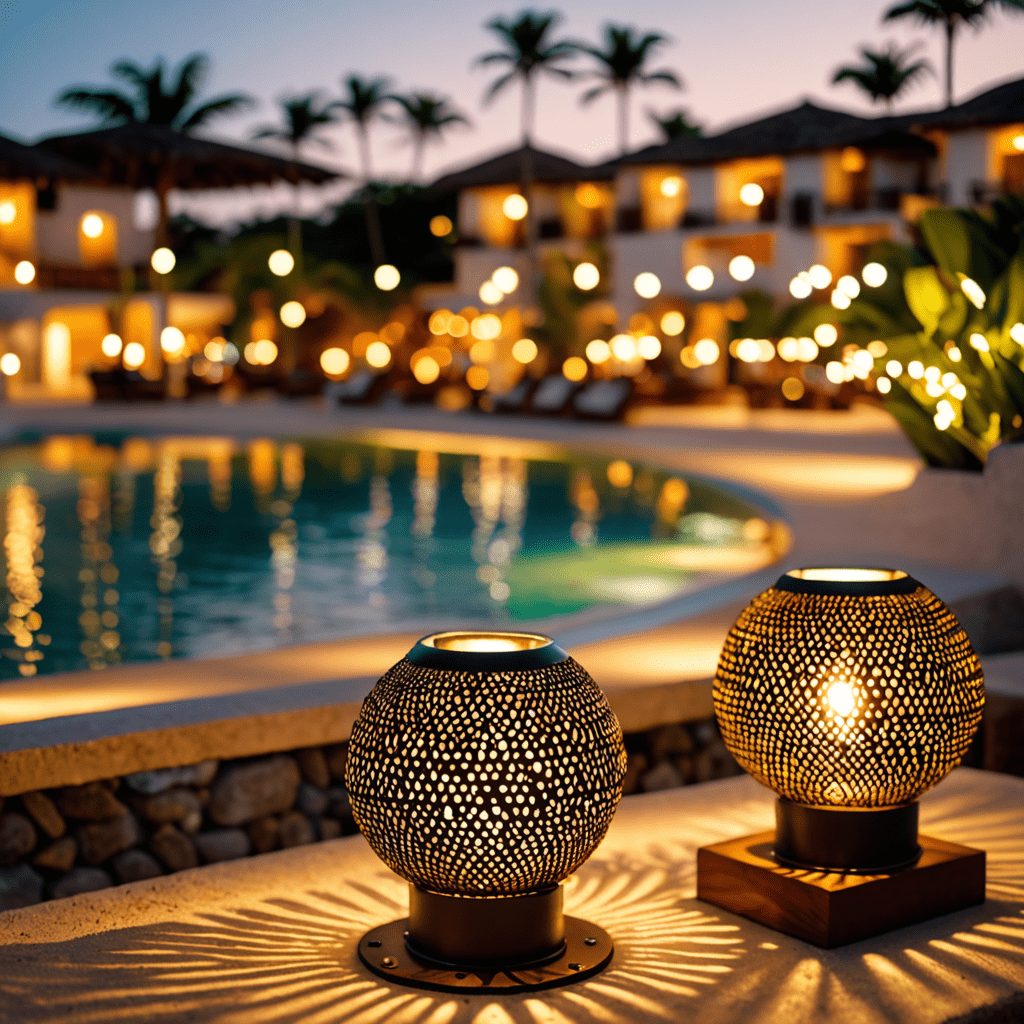Bahrain’s Traditional Tea Houses and Coffee Shops
Historical Significance
Bahrain's rich history and cultural heritage are deeply intertwined with its traditional tea houses and coffee shops. These humble establishments, known locally as "qahwas," have been integral to Bahraini society for centuries, serving as vibrant social gathering spaces and playing a vital role in the country's folklore and traditions. The origins of qahwas can be traced back to the Bedouin tribes who inhabited the region, for whom tea and coffee were essential sources of sustenance and hospitality. Over time, qahwas transformed into popular meeting places where locals could connect, socialize, and engage in lively debates and discussions.
Cultural Importance
Tea houses and coffee shops hold profound cultural significance in Bahrain. They are deeply rooted in the fabric of the nation, reflecting the country's warm hospitality, communal spirit, and rich oral storytelling tradition. Qahwas serve as vibrant social hubs where people from all walks of life gather to enjoy traditional beverages, share news, and exchange stories. These establishments provide a comfortable and welcoming atmosphere where locals can feel a sense of belonging and engage in meaningful interactions. The unique character and ambience of qahwas make them cherished cultural landmarks that continue to thrive in modern-day Bahrain.
Types of Tea Houses and Coffee Shops
The diverse landscape of qahwas in Bahrain encompasses two main types: traditional Bahraini cafés and modern tea houses and coffee shops. Traditional Bahraini cafés, known as "diwaniyas," are typically family-run businesses that have been operating for generations. They are characterized by their simple decor, with floor cushions and low tables creating a cozy and inviting environment. Modern tea houses and coffee shops, on the other hand, offer a more contemporary twist with stylish interiors, trendy furnishings, and an expanded menu that includes both traditional and international beverages and snacks. Despite their differences, both types of establishments uphold the tradition of providing a welcoming space for social interaction and cultural exchange.
Tea and Coffee Culture
Tea and coffee hold a special place in Bahraini culture, with each beverage boasting its own unique preparation methods and customs. Traditional tea preparation involves brewing strong black tea with aromatic spices like cardamom and saffron. The resulting concoction is then poured into small cups and served with dates or other sweet treats. Bahraini coffee, known as "gahwa," is equally revered and is prepared using locally roasted coffee beans. Gahwa is characterized by its intense flavor and is typically served in small porcelain cups. The consumption of tea and coffee in Bahrain goes beyond mere refreshment; it is an integral part of the country's social customs and a symbol of hospitality and generosity.
VI. Architectural Features
The architectural features of Bahrain's traditional tea houses and coffee shops reflect the country's unique cultural heritage. Traditional qahwas often showcase traditional Bahraini architecture, with wind towers, arched entrances, and intricate tilework. These architectural elements provide natural ventilation and cooling, creating a comfortable indoor environment during the hot summer months. Modern tea houses and coffee shops, while incorporating contemporary design aesthetics, often pay homage to traditional qahwas through subtle architectural details and motifs.
VII. Food and Snacks
In addition to tea and coffee, qahwas typically offer a variety of light snacks and refreshments. Traditional Bahraini snacks like samosas, dates, and nuts are commonly served, providing a delightful accompaniment to the beverages. Modern tea houses and coffee shops have expanded their menus to include a wider range of snacks and desserts, catering to the diverse tastes of their patrons.
VIII. Economic Impact
Tea houses and coffee shops play a significant role in Bahrain's economy. The tourism industry benefits greatly from these establishments, as they provide authentic cultural experiences for visitors. Additionally, qahwas contribute to job creation and support local businesses, as many of them source their supplies from local vendors.
IX. Preservation and Tourism
Recognizing the cultural and historical significance of tea houses and coffee shops, Bahrain has made efforts to preserve these traditional establishments. The government has implemented restoration projects to protect the architectural integrity of historic qahwas. Furthermore, qahwas have become popular tourist destinations, attracting visitors seeking an immersive cultural experience.
X. Future Prospects and Innovations
The future of Bahrain's tea houses and coffee shops looks promising, as these establishments continue to adapt to changing tastes and demands. Modern tea houses and coffee shops are incorporating innovative concepts and technologies to enhance the customer experience. Additionally, there is a growing trend towards sustainability, with many qahwas adopting eco-friendly practices to reduce their environmental impact.
FAQs
Q: What is the difference between a traditional Bahraini café and a modern tea house or coffee shop?
A: Traditional Bahraini cafés (diwaniyas) are typically family-run businesses with simple decor and a focus on traditional beverages and snacks. Modern tea houses and coffee shops offer a more contemporary ambiance, with stylish interiors and an expanded menu that includes both traditional and international offerings.
Q: What is the most popular tea beverage in Bahrain?
A: Traditional black tea brewed with aromatic spices like cardamom and saffron is the most widely consumed tea beverage in Bahrain.
Q: What is the significance of 'gahwa' in Bahraini culture?
A: Gahwa (Bahraini coffee) is a symbol of hospitality and generosity in Bahraini culture. It is typically served in small porcelain cups and is characterized by its intense flavor.


